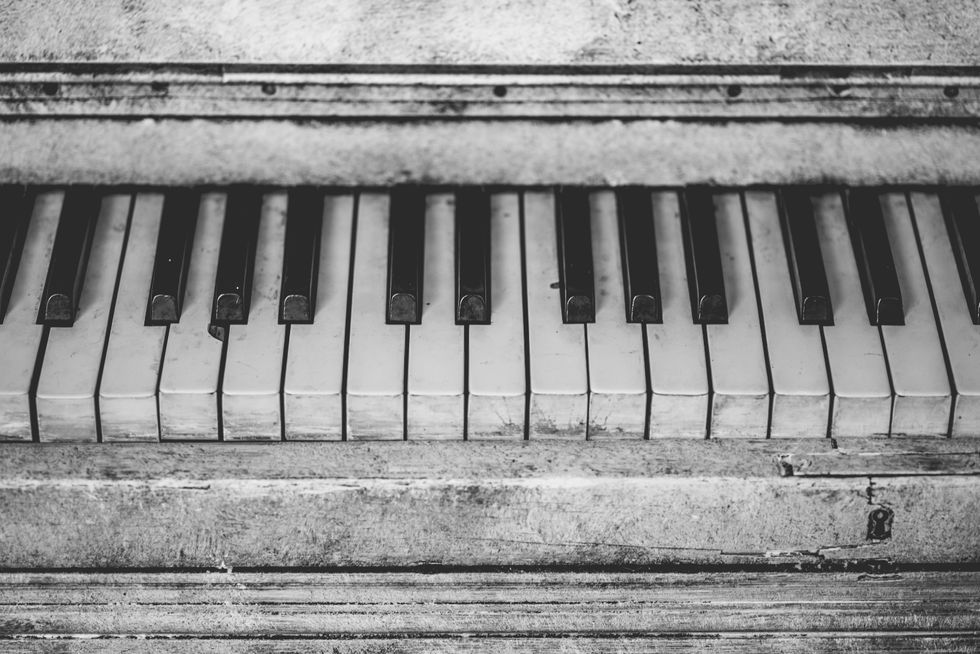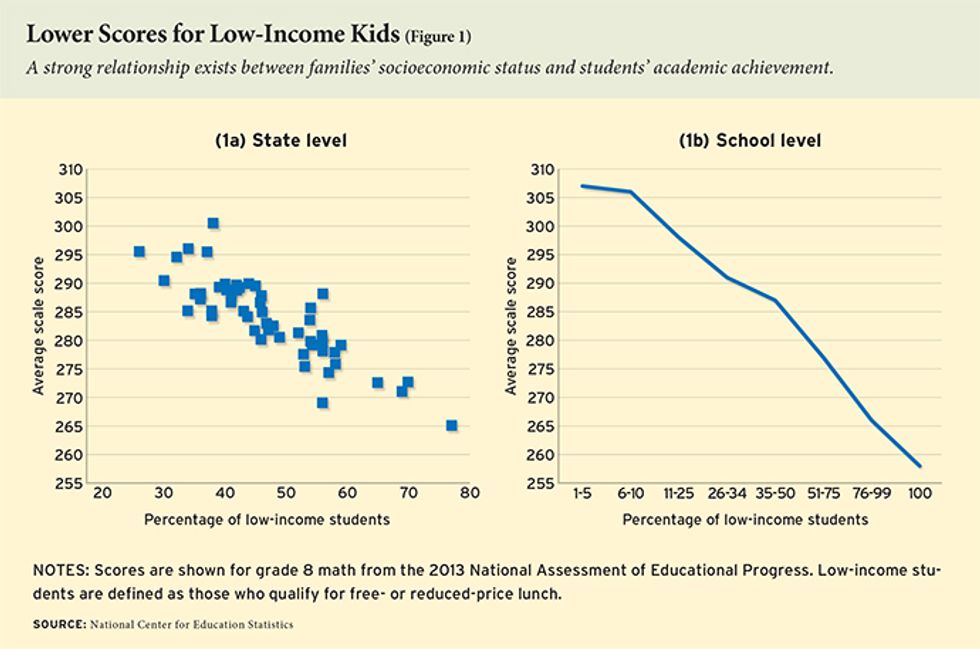As education in the United States becomes a politically-charged topic of conversation, the dichotomy of low verses higher income schools is becoming more widely discussed. Public schools in the US are largely funded by property taxes in their locale, making schools in wealthier areas far more well-off than those in areas plagued by poverty. This leads to low teacher salaries, fewer student resources, and cutting programs. When schools need to cut programs, music and arts are typically one of the first to be reduced or removed completely.
The issues of low-income schools run deeper than cash alone. Impoverished students face unique issues not typically experienced by their more well-off peers, including lack of parental support, community, and resources.
The greatest irony of cutting music programs from the schools poorer students attend is that participating in music programs alone can help balance the effects of poverty-specific issues, and in big ways.
Poor students are more likely to experience behavioral issues
Children raised in poverty are disproportionately exposed to conditions that can affect social and emotional functioning, leading to behavioral issues that can escalate throughout adolescence into adulthood. This can lead to lower school attendance due to suspension, expulsion, and truancy; as well as delinquency as an adult.
How music helps: Learning to play a musical instrument helps develop the part of the brain responsible for anxiety management, as well as impulse and emotional control. This is the same part of the brain that many neuroscientists are finding to be underdeveloped in children raised in poverty.
Impoverished students are more likely to be English Language Learners
Nearly sixty percent of students learning English as a second language are living in poverty. Students learning English in school face the unique challenge of mastering a new language while they simultaneously master the curriculum of their peers, often causing them to lag behind throughout their entire educational careers.
How music can help: In a study conducted in Los Angeles, 42 low-income Spanish-English bilingual students participated in musical training, while a similar group of students did not. The students who didn’t participate in the music course declined in their reading performance the next year, while the musically trained group kept up with their peers.
Poor students are significantly less likely to perform well on standardized tests
The factors leading to poor test performances of low-income students are multifaceted, but the result is simple: income level seems to be almost directly proportionate to academic success, as can be seen in the following graph from the National Center for Education Statistics:
How music helps: According to a study published by the University of Kansas, elementary schools with high-quality music education programs scored overall about 22 percent higher in English and 20 percent higher in math, compared to schools with low-quality programs. The results of the study held true regardless of socioeconomic levels between schools. There are many reasons why music education can be linked to academic achievement, but boosts in brain development, overall enjoyment, and a sense of community in the classroom can all greatly benefit a student’s success.
Poverty among students is an issue with a number unfortunate effects, but we do know that high-quality education can help get disadvantaged students off to a better start. Music, in particular, can be a highly beneficial tool for schools to use to connect with low-income students and mitigate some of the effects of growing up poor, yet music programs in these schools are too often crippled by lack of funding. Music isn't merely an enjoyable side activity, it's a vital part the educational construct and an investment to help break the heartbreaking and costly cycle of poverty.

















